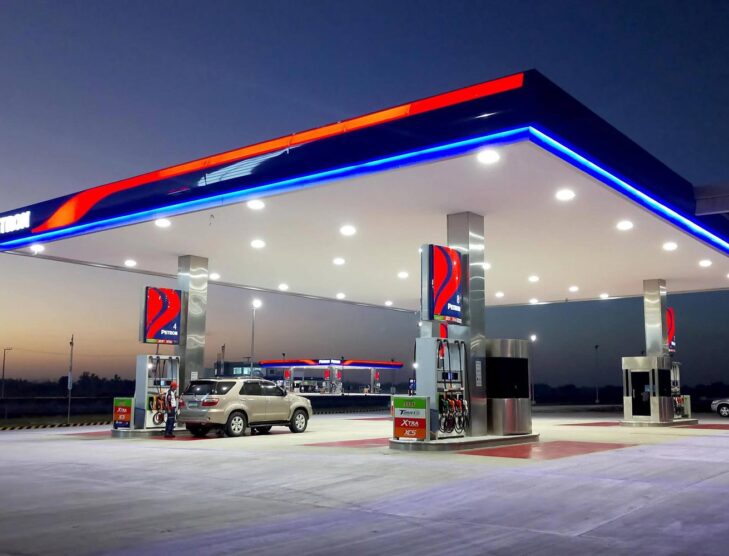
Market share of top 3 Philippine oil companies erodes as independents continue expansion
Latest published data from the Philippine Department of Energy (DOE) revealed that the entry of new players continues to erode the market share of the country’s top three major oil companies.
The total market share of Petron Corp., Pilipinas Shell Petroleum Corp. and Chevron Philippines has declined from slightly above 77% in 2010 to just over 55% during the first half of 2017, according to the DOE. Meanwhile, independent oil marketing companies and end users have almost doubled their market share to 44%, from only 22.8% at the beginning of the decade.
New oil marketing players include PTT Philippines Corp. (PTTPC), Total Philippines, Seaoil Philippines Inc., TWA Inc., Phoenix Petroleum, Liquigaz, Petronas, Prycegas, Micro Dragon, Unioil, Isla Gas, Jetti, Eastern Petroleum, JS Union, JS Phils. Corp., Petrotrade, South Pacific, Marubeni, SL Harbour, Perdido and Filoil Logistics Corp.
Total demand for petroleum products for the first half of 2017 totaled 81,061 thousand barrels (MB), an increase of 2.6% from 78,989 MB during the first half of 2016. This can be translated to an average daily requirement of 447.9 MB compared with the 2016 level of 434 MB.
Product demand mix was comprised mostly of diesel oil (41.2%), gasoline (23.4%), kerosene/aviation turbo (11.3%), LPG (11.0%), fuel oil (6.5%) and other products (6.8%).
During the first half of 2017 petroleum product imports totaled 48,592 MB, an increase of 9.6% from the same period a year ago.
Local refiners Petron and Pilipinas Shell accounted for 18.0% of total product imports, which included blending stocks, as against 82.0% by direct importers.
Other industry players accounted for 72.4% of the total import volume, up by 11.7% to 35,230 MB from the same period a year ago. Petron, Chevron and Pilipinas Shell accounted for the remaining 27.5%, which increased by 4.3% from 12,808 MB to 13,361 MB.
The product import mix was comprised mostly of diesel oil (40.4%), gasoline (17.9%), LPG (13.9%), kerosene/aviation turbo (10.2%), fuel oil (6.8%) and other products (10.8%).
The estimated total oil import bill amounted to USD 4,689.6 million, up 37.1%, during the first half of 2017, from USD 3,421.1 million during the same period a year ago, due to the combined effects of higher import costs and higher import volumes.
Total oil import costs were made up of 60.1% finished products and 39.9% crude oil.







